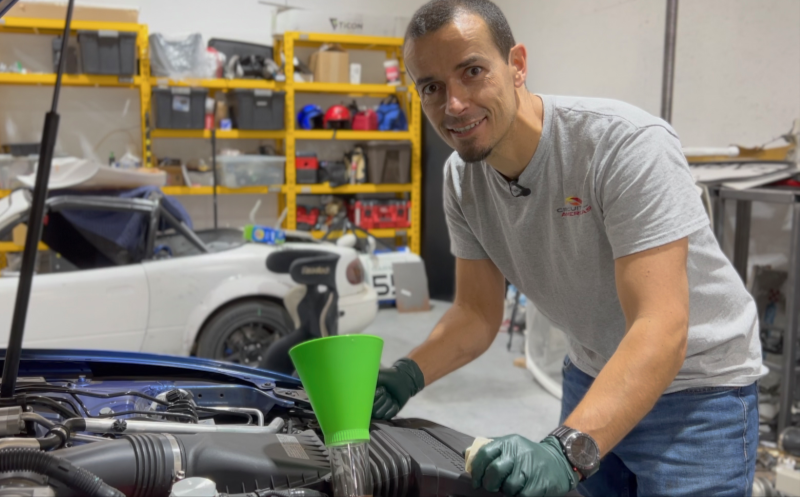What is a Mazda RX-8 and why is it Special?
What is going on here
This is Part 1 of a series of articles addressing the reasons why swapping the engine in an RX-8 is so popular. It will start off with some history in the early sections, delve into the problems that the RX-8 faced, and then finally provide you, the reader, with the information you need to make your own decision. Now, of course, I did perform an LS swap on my RX-8, but was it the right thing to do? Buckle up, sit down with a tasty beverage, and join me on the journey!”
So, what is a Mazda RX-8 exactly?
The Mazda RX-8 is a legendary sports car that was produced by the Japanese automaker Mazda from 2003 to 2012. It is known for its unique rotary engine, agile handling, and unusual rear-hinged doors referred to as ‘suicide doors’.
In total, nearly two hundred thousand RX-8s were produced between 2003 and 2012, according to Official Mazda RX-8 Sales figures. While the Mazda RX-8 boasts many positive attributes, such as its nimble handling and distinctive rotary engine, it also had its drawbacks. These included high maintenance costs, poor fuel efficiency, and surprisingly small cabin.
The most significant issue with the platform began to surface in the early models, specifically those from 2003-2004 (referred to as 04/05 models in the US). Shortly after its launch, there were reports of engines failing from low compression. The primary culprit was the notorious wearing of the APEX seals. This wear was often caused carbon clogging (coking) in the engine, which prevented the APEX seals at the tips of the rotors from sliding in and out due to thermal expansion. This restriction led to accelerated APEX seal wear, which in turn caused the engine to fail from low compression.
Part 2: Signs your RX-8 Rotary Wankel Engine is Failing
Video: Ever asked, Should I LS Swap My RX-8? I did, here is the result!

The day I picked up my 2005 RX-8 from Portland, OR and drove it through the night back to Olathe Kansas! What a drive!

